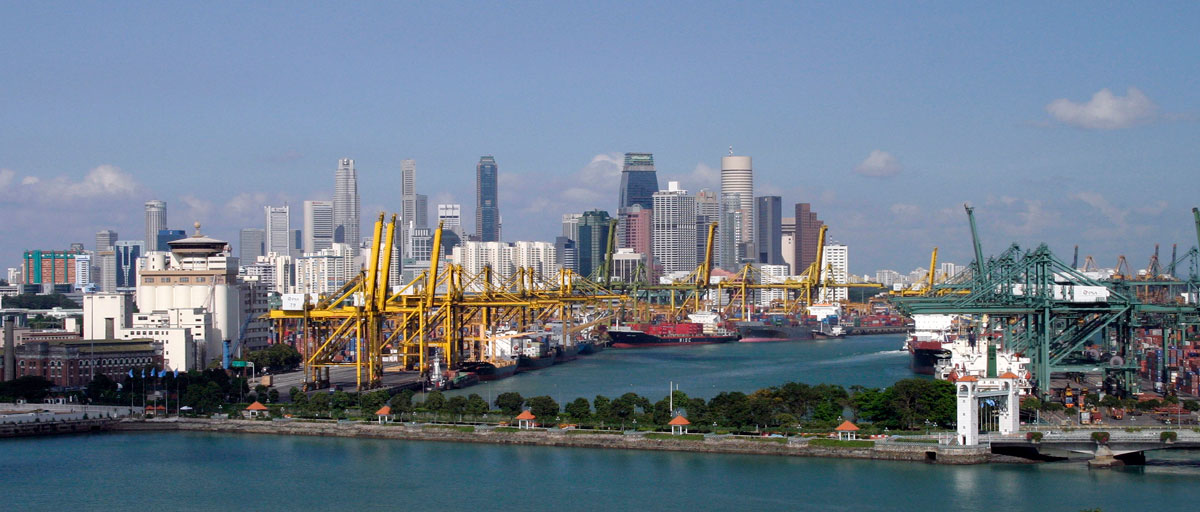Tax havens and global environmental degradation
Summary
The release of classified documents in the past years have offered a rare glimpse into the opaque world of tax havens and their role in the global economy. Although the political, economic and social implications related to these financial secrecy jurisdictions are known, their role in supporting economic activities with potentially detrimental environmental consequences have until now been largely ignored. Here, we combine quantitative analysis with case descriptions to elaborate and quantify the connections between tax havens and the environment, both in global fisheries and the Brazilian Amazon. We show that while only 4% of all registered fishing vessels are currently flagged in a tax haven, 70% of the known vessels implicated in illegal, unreported and unregulated fishing are, or have been, flagged under a tax haven jurisdiction. We also find that between October 2000 and August 2011, 68% of all investigated foreign capital to nine focal companies in the soy and beef sectors in the Brazilian Amazon was transferred through one, or several, known tax havens. This represents as much as 90–100% of foreign capital for some companies investigated. We highlight key research challenges for the academic community that emerge from our findings and present a set of proposed actions for policy that would put tax havens on the global sustainability agenda.







